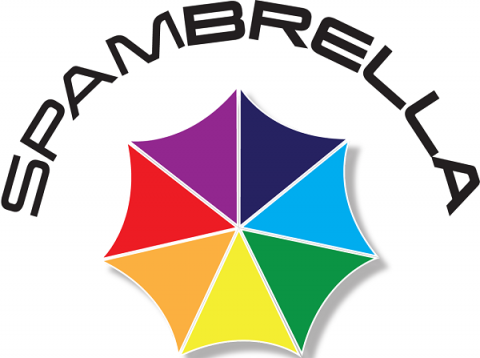What is Kovter Malware?
Kovter is a fileless malware that attempts to remain invisible and targets the Windows operating system. Kovter avoids detection as it relies on the host registry to store its configuration data, thus avoids traditional endpoint protection (anti-virus) file scanning.


